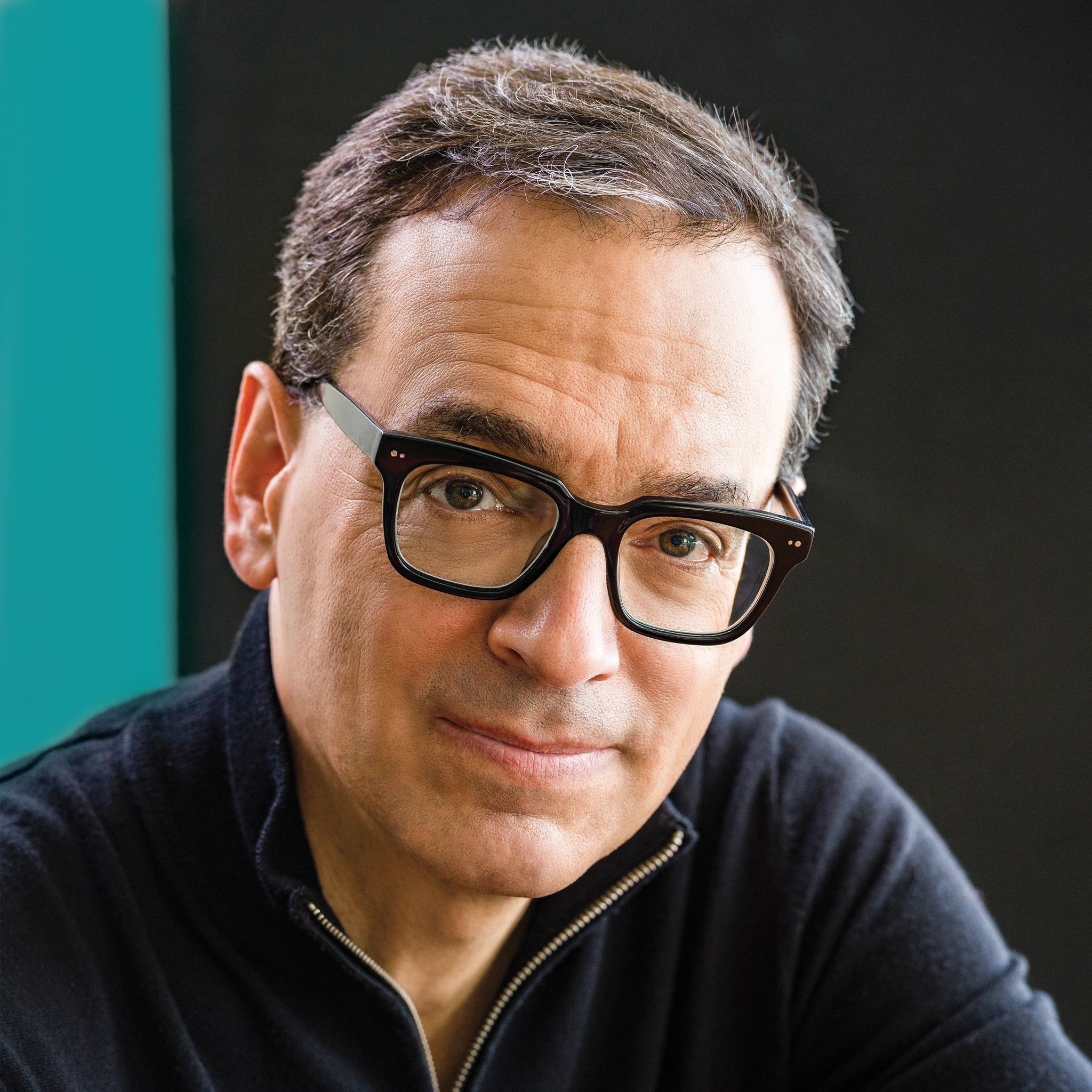 author
authorDiscover the Best Books Written by Marshall McLuhan
Herbert Marshall McLuhan was a Canadian philosopher whose work is among the cornerstones of the study of media theory. He studied at the University of Manitoba and the University of Cambridge. He began his teaching career as a professor of English at several universities in the United States and Canada before moving to the University of Toronto in 1946, where he remained for the rest of his life.
McLuhan coined the expression "the medium is the message" in the first chapter of his Understanding Media: The Extensions of Man and the term global village. He predicted the World Wide Web almost 30 years before it was invented. He was a fixture in media discourse in the late 1960s, though his influence began to wane in the early 1970s. In the years following his death, he continued to be a controversial figure in academic circles.
However, with the arrival of the Internet and the World Wide Web, interest was renewed in his work and perspectives. McLuhan was born on July 21, 1911, in Edmonton, Alberta, and was named "Marshall" by his maternal grandmother's surname. His brother, Maurice, was born two years later. His parents were also born in Canada: his mother, Elsie Naomi (née Hall), was a Baptist school teacher who later became an actress; and his father, Herbert Ernest McLuhan, was a Methodist with a real-estate business in Edmonton.
When the business failed at the break out of World War I, McLuhan's father enlisted in the Canadian Army. After a year of service, he contracted influenza and remained in Canada, away from the front lines. After Herbert's discharge from the army in 1915, the McLuhan family moved to Winnipeg, Manitoba, where Marshall grew up and went to school, attending Kelvin Technical School before enrolling in the University of Manitoba in 1928.
After studying for one year as an engineering student, he changed majors and earned a Bachelor of Arts degree (1933), winning a University Gold Medal in Arts and Sciences. He went on to receive a Master of Arts degree (1934) in English from the university as well. He had long desired to pursue graduate studies in England and was accepted to the University of Cambridge, having failed to secure a Rhodes scholarship to Oxford.
Though having already earned his B.A. and M.A. in Manitoba, Cambridge required him to enroll as an undergraduate "affiliated" student, with one year's credit towards a three-year bachelor's degree, before entering any doctoral studies. He entered Trinity Hall, Cambridge, in the autumn of 1934, where he studied under I. A. Richards and F. R. Leavis and was influenced by New Criticism.
Years afterward, upon reflection, he credited the faculty there with influencing the direction of his later work because of their emphasis on the "training of perception," as well as such concepts as Richards' notion of "feedforward." These studies formed an important precursor to his later ideas on technological forms. He received the required bachelor's degree from Cambridge in 1936 and entered their graduate program.
Best author’s book



Written books
1



















